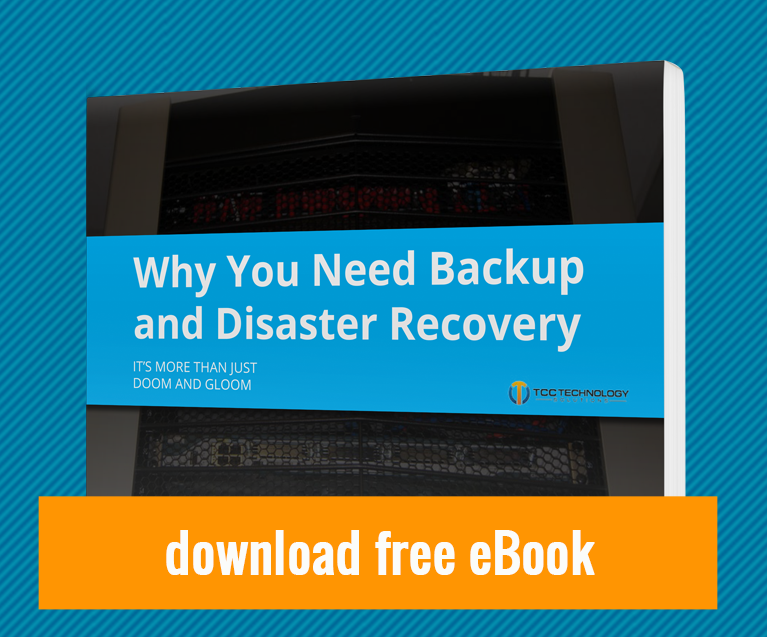Utilizing business intelligence (BI) software can prove incredibly helpful for your business. As the company grows, BI software can give you a clear picture of data affecting business decisions and also implement control and measurement over your growing operations.
However, with multiple departments, a growing sales team and more associates coming on all the time, doing this can often prove difficult. This makes the right business intelligence software even more essential than ever before.

Evaluating Business Intelligence Software
So, how can you go about comparing your options? After all, there are dozens of reputable companies offering this software. The best way to select the right software for your needs is to first understand what you need and then perform a business intelligence software comparison.
There are different features you need to keep in mind while making the comparison, as what is right for you might not be the right program for another business. Your choice will be based on several factors including your current systems, your size, requirements and services that must go into your program.
Integration with Current CRM
Keep in mind that the right BI software may actually be closer than you think. It's likely your CRM vendor can advise you on choosing software that allows you to grow, but still caters towards the general size of your business.
The best way to start your comparison will be to look internally, at your current CRM system. Integration with your CRM system will help to streamline existing and incoming data, once your BI software is in place. In fact, consulting with your CRM vendor about BI software can point you to 1) a solution they offer or 2) a platform that easily integrates with their system.
Integrating these systems can minimize the amount of duplicate data entry and reporting that takes place. Over time, you'll get more accurate analyses of data that interfaces with other internal systems like accounting, manufacturing, customer service and your supply chain.
Comparing Your Options
The platform you intend on using with the software is one of the most important comparisons you need to perform. A business platform generally is spread over three different options. These are online (such as Internet and cloud based), on premise and mobile.
Not all software systems work over all three platforms, so here again you need to look at what sort of needs your business has. For example, Birst is a well-respected business intelligence software but it only works online. IBM Cognos might be one of the most heavily used titles, but it does not currently offer support for a mobile platform. If you require a title that works on all three you might end up looking towards a title like Pyramid BI Office or SiSense (just to name a few of the options).
When performing the software comparison, looking at the platform is an easy way to reduce possible titles that will not suffice your needs.
Several of the top tools available are shown in the image below. Software Insider provides an simple comparison tool you can customize to check out the features of specific software options you are considering. Compare here.


source: softwareinsider
Reporting Features
As a business owner, specific reporting features can prove extremely helpful, but not all businesses require the same reports. Different software options offer graphic benchmark tools, an Ad Hoc reporting, multiple language support (if you have a business that runs in different countries), performance measurements and other reporting features.
For successful implementation, it's important to keep your reporting as simple as possible initially and allow the organization to grow with the system as users and management gain experience and insight into all the system can do to improve processes, strategies and profitability.
Over time, users will become skilled at working with the most detailed data and be able to apply this knowledge to decision-making for greater profitability, market insights, customer retention and customer satisfaction.
Consider all of the features and reports you require for the programming to make your life easier. By doing your comparison, you can pinpoint what programs offer everything you need.
Demo the Software
Requesting a demo is something far too many business owners fail to look into, but something you should make sure you check out. Before investing hundreds, if not thousands, of dollars into a new business software system, take it for a test run.
The programming should at least come with an extended demo, so you can try it out for size for a few weeks. You wouldn't buy a car without test driving it, nor should you invest money into software that may not work out for you.
Manage, Protect and Preserve Data
Doing some initial research about what your company needs as well as doing a full comparison of system features will help narrow down your choices greatly. A pre-purchase demo can also prove essential in finding the right software.
Your business data is one of the most valuable assets of your company. Good management and safeguarding of this data is in your best interest to make sure it's working for you the way you need it to. To learn why a data backup and recovery plan is critical to your data management, check out our free e-book below.
Image credit: software





